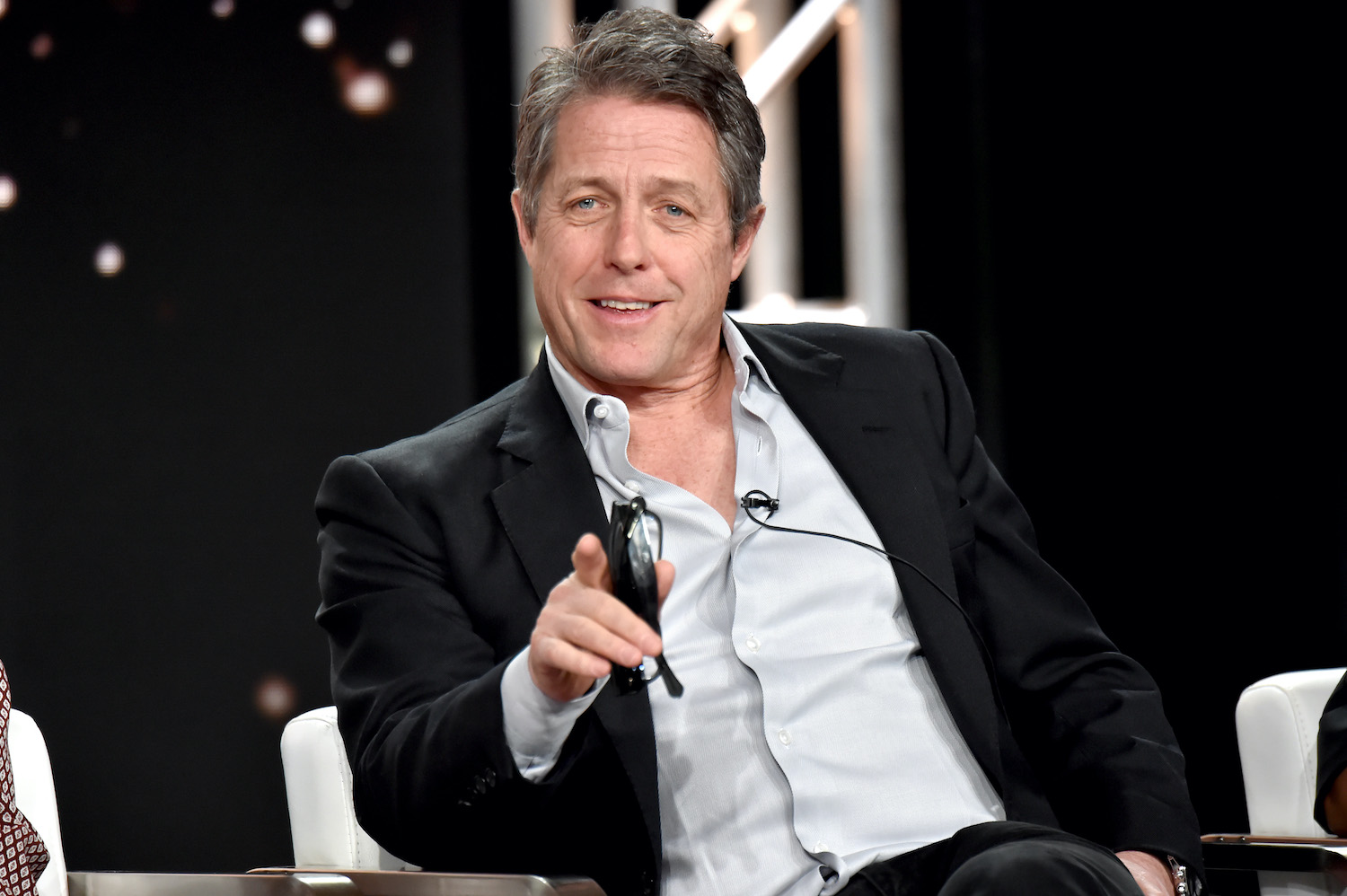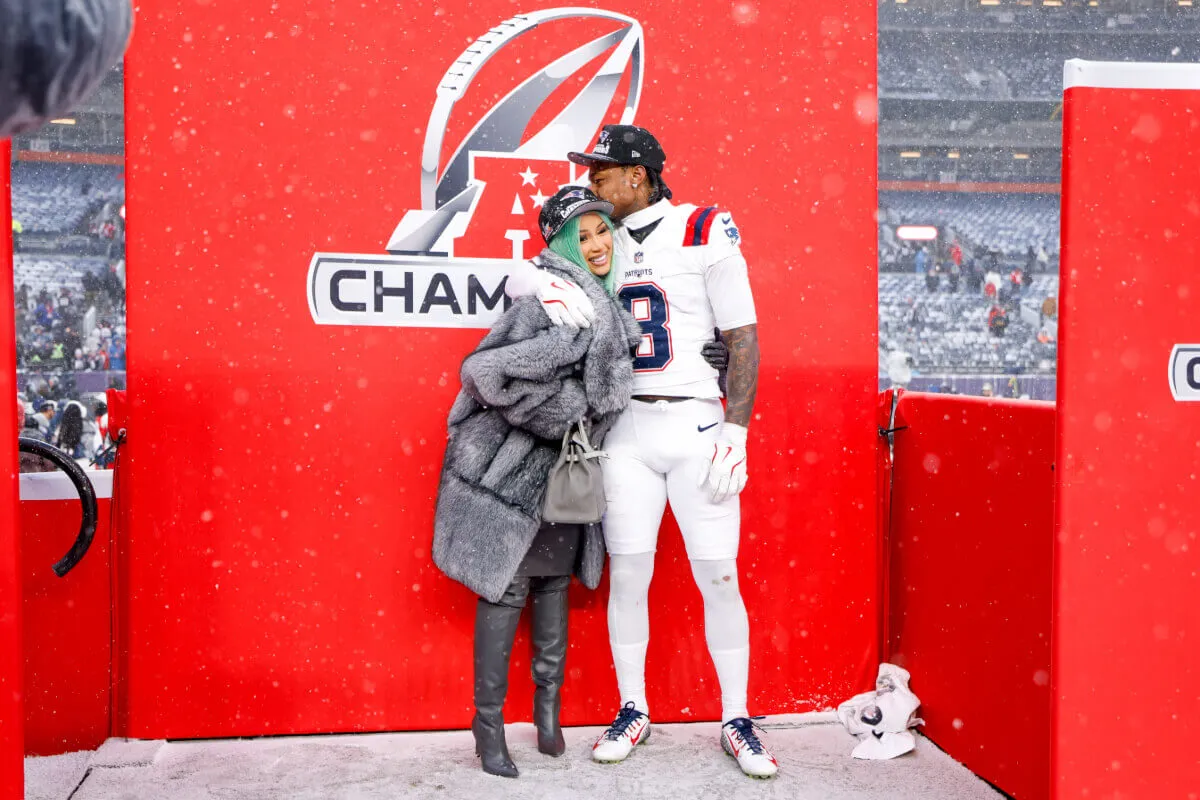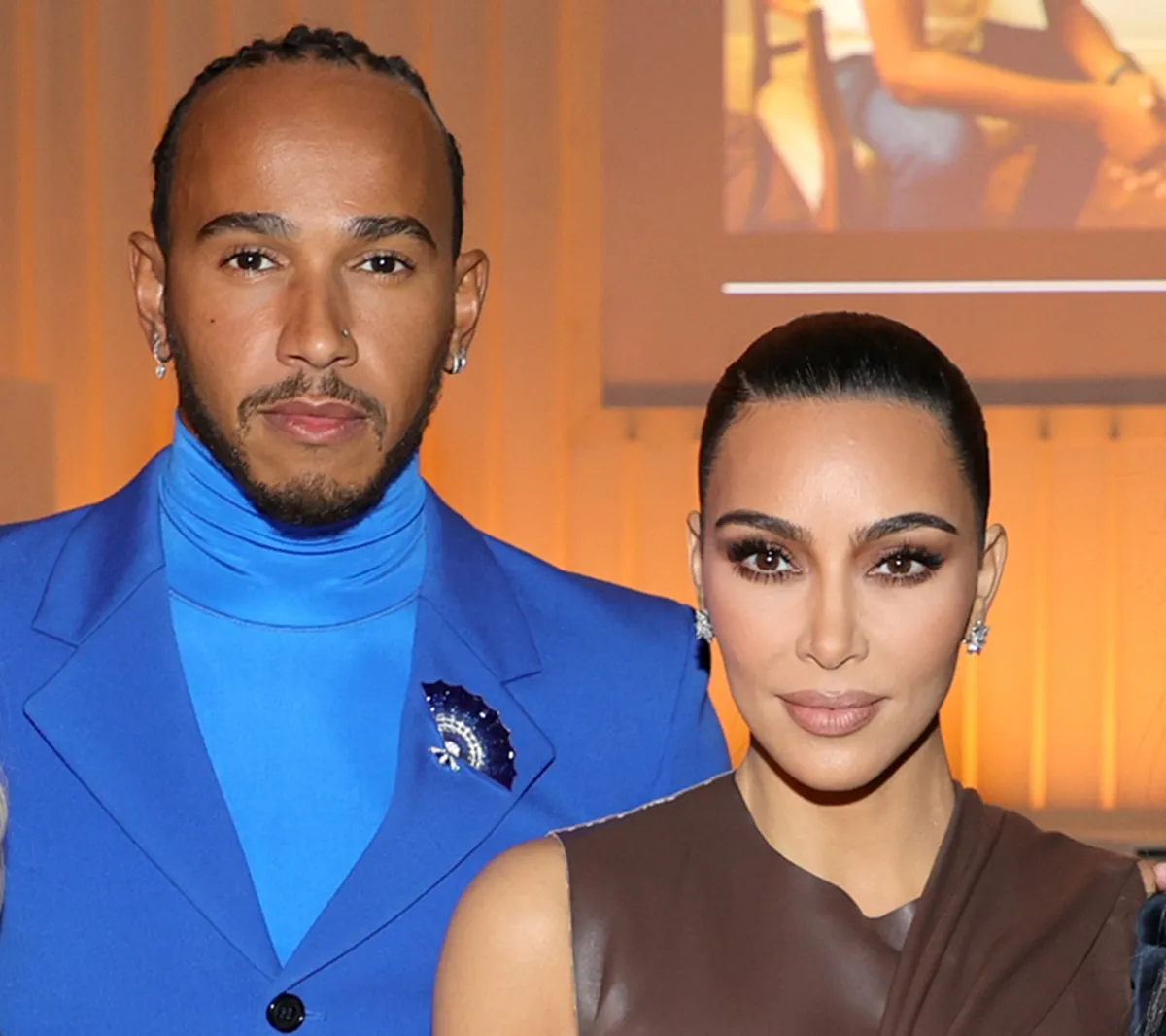‘The Undoing’ Star Hugh Grant Didn’t Want to Film This 1 Iconic Scene in ‘Love Actually’
For many people, Love Actually is a go-to movie every year when the calendar strikes December. One of the rare Christmas classics to come out of the 21st-century, the film is an ensemble comedy that focuses on several different people’s lives as they prepare for the holiday season.
One of the film’s stars, Hugh Grant, steals the show in the movie. However, for one of Grant’s most iconic scenes, he needed some convincing before performing it in front of the camera.
‘Love Actually’ is a classic holiday film
Love Actually is an episodic romantic comedy that unfolds across 10 individual stories that become increasingly interlinked as the story goes on. It boasts a cast of several of the most famous actors on the planet. Liam Neeson, Hugh Grant, Colin Firth, Emma Thompson, Alan Rickman, Keira Knightley, Rowan Atkinson, and Billy Bob Thornton all appear on-screen in a film that was not a critical smash but became a financial one, nonetheless.
It follows the lives of people ranging from ordinary workers to Thornton’s President of the United States. From lonely Holiday moments to those who go all-in on festivities, the film is a symphony of Christmas-related instances and anxieties that’s aimed more at an adult audience than the typical, more family-friendly fare.
However, while the film was a hit to its 2003 audience, it grew in stature with every passing year. Now, it’s a holiday staple for fans across the world. With a superstar cast and a healthy dose of heart and comedy, it resonates with a different kind of audience than films like Home Alone while still feeling festive and Christmas-like.
However, one of the showstoppers is Hugh Grant, who appeared in the movie at the height of his fame despite some inhibitions about the character.
Hugh Grant played the prime minister

Grant’s David is not your average rom-com character. In fact, he’s the Prime Minister of the United Kingdom.
Grant falls in love with a junior member of the household staff named Natalie. Throughout the film, the sexual tension between the two characters drives their arcs. When the President of the United States makes inappropriate comments about her, their arc kicks off.
To impress Natalie, David asserts his stance against the President’s policies. However, he later views her as a distraction and has her sent off to another job so that he cannot be distracted by her. After he finds a card that she meant to give him that expressed her love, he goes to see her, eventually ending up at a school play, where they share a kiss.
It’s a grandiose story that gets much bigger than the average romantic comedy. It also helps to humanize a larger-than-life character. However, when Grant performed one iconic scene, he did not want to do so. Lucky for us, however, he was eventually coaxed into doing so.
Hugh Grant didn’t like this scene
When it came to David’s iconic dance number, Grant was not a fan. He felt that it did not fit the character and wanted nothing to do with the number.
Director Richard Curtis spoke about this with The Daily Beast, explaining how he got Grant to commit. According to Curtis’s interview with The Daily Beast, Grant was grumpy about the dance scene and Curtis’s insistence on ramping up the charm. Grant didn’t like this, as Curtis explained.
The fault line was the dance, because there was no way he could do that in a prime ministerial manner. He kept on putting it off, and he didn’t like the song—it was originally a Jackson 5 song, but we couldn’t get it—so he was hugely unhappy about it. We didn’t shoot it until the final day and it went so well that when we edited it, it had gone too well, and he was singing along with the words. When you edit a dance sequence like that, it’s going to be a third of the length, and the bit he’s singing the words to isn’t going to be the bit of that moment, so it was incredibly hard to edit.
Lucky for audiences, Curtis worked with Grant and got the scene to work in editing. Now, the film is one of Grant’s defining moments, and it remains a staple of holiday film-viewing 17 years after its release. It just shows how quickly things can throw a wrench in these productions and how filmmakers have to make them work on the fly.


